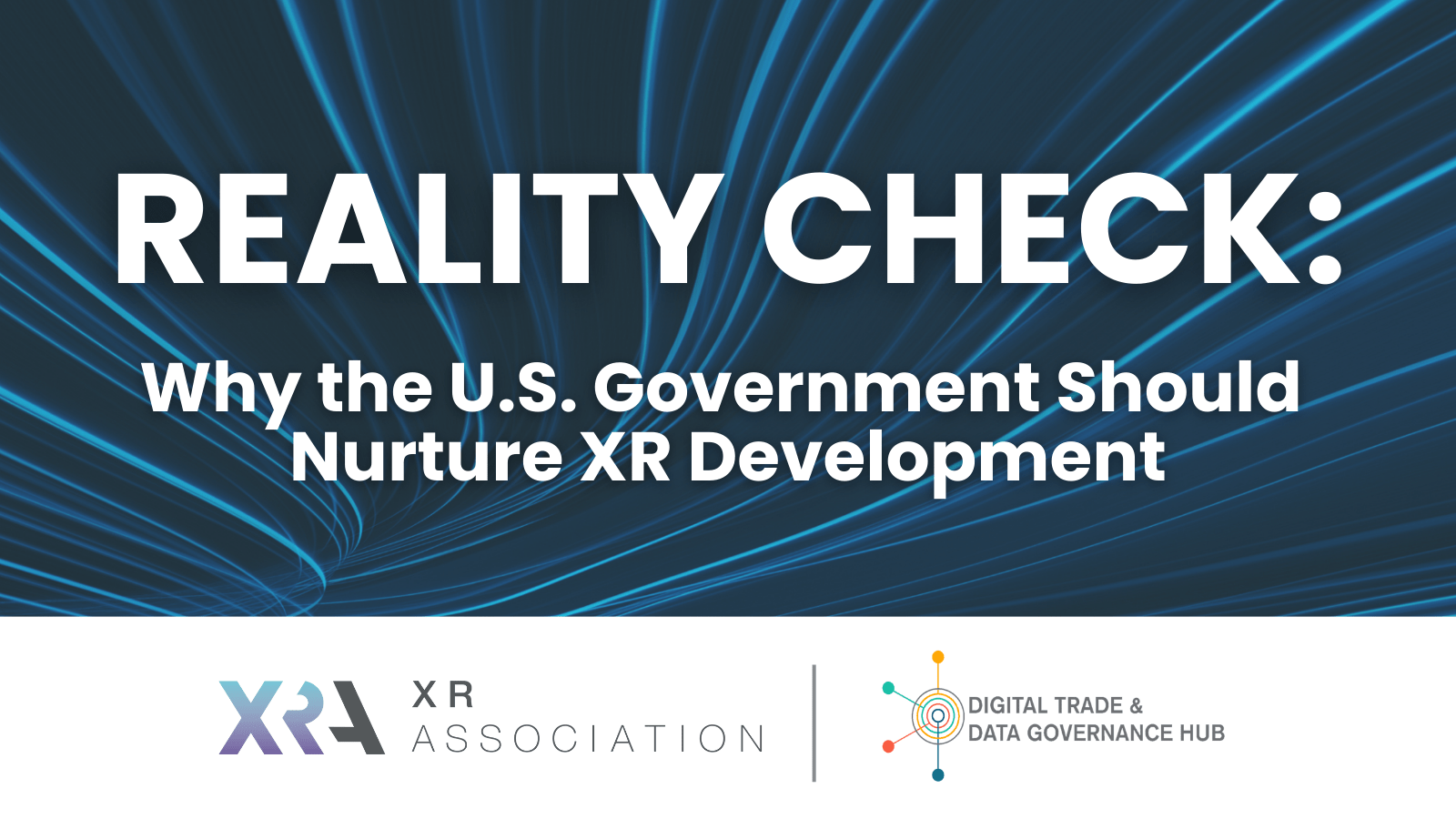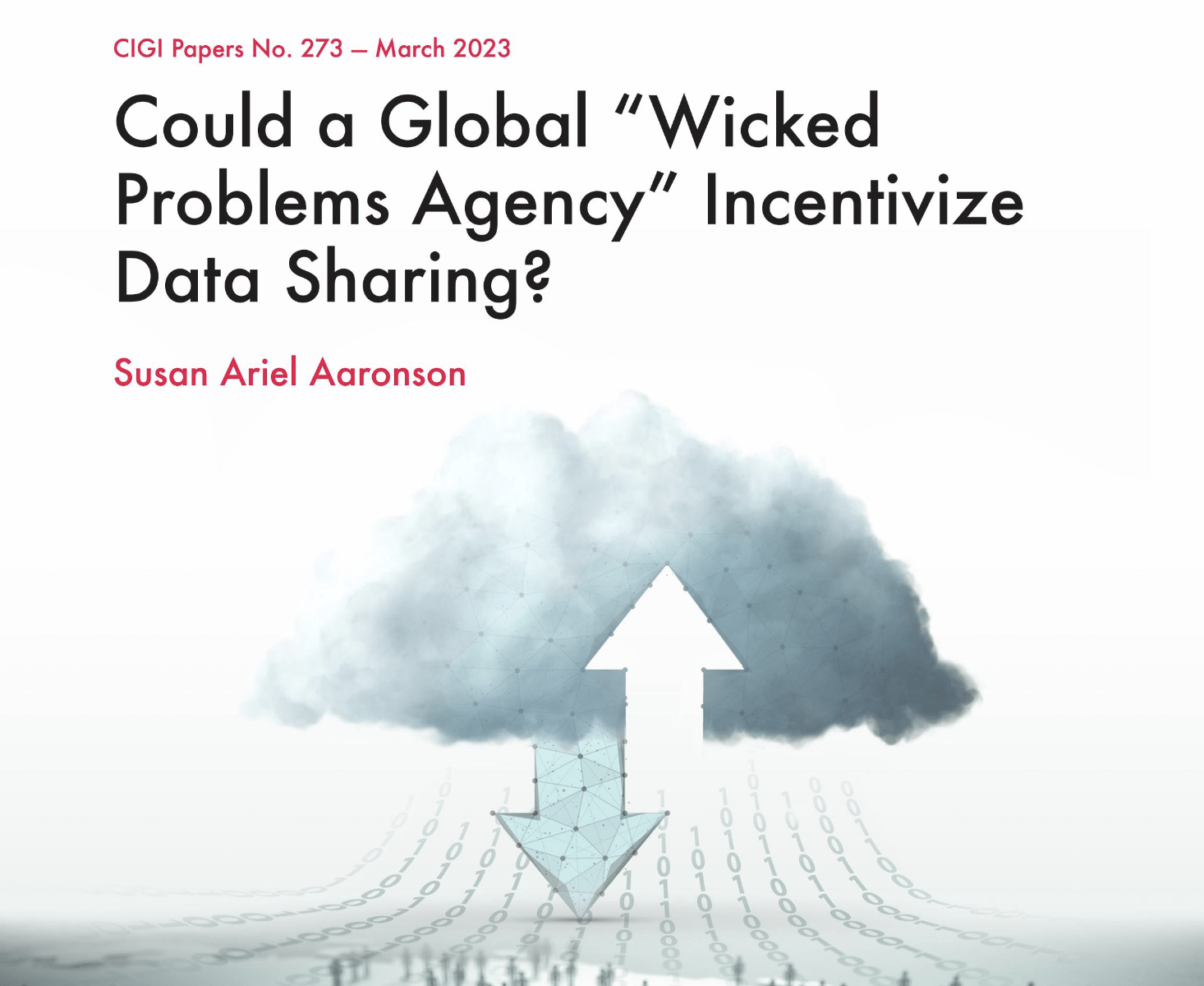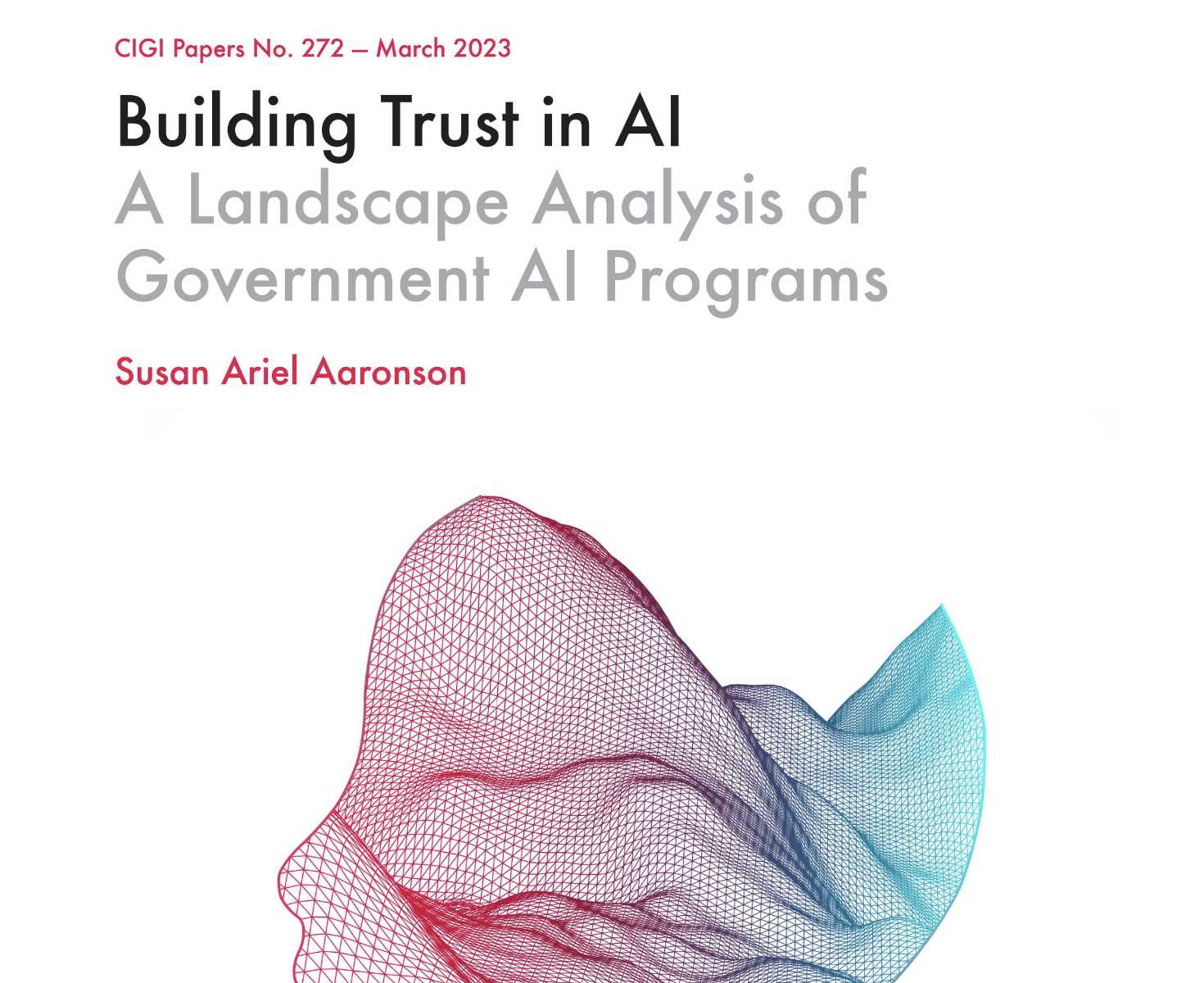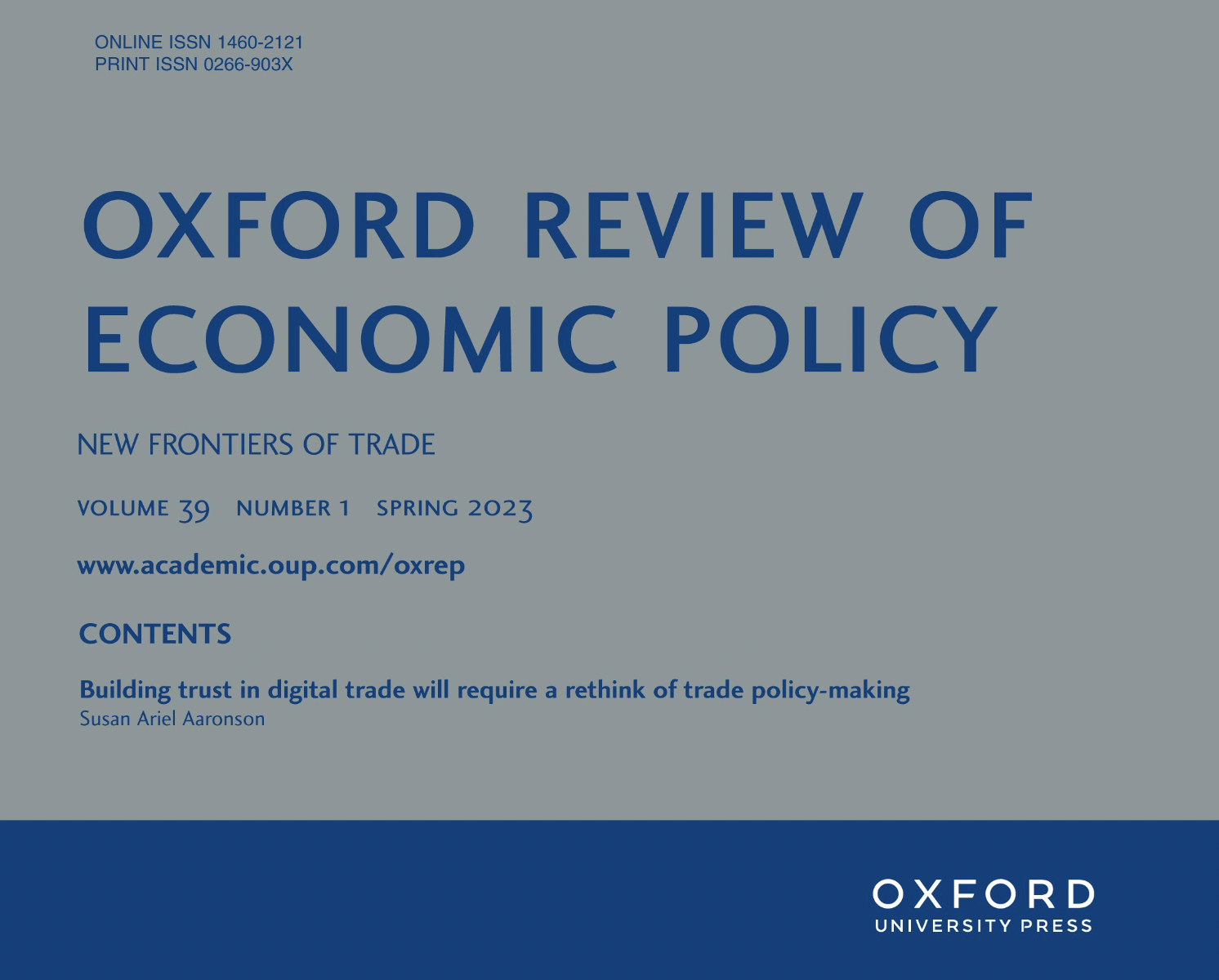Washington, D.C. – On November 8, 2023, the XR Association (XRA), the trade association representing the growing ecosystem of virtual, augmented, and mixed reality companies, announced the release of a white paper co-authored by the Digital Trade and Data Governance Hub at The George Washington University. “Reality Check: Why the U.S. Government Should Nurture XR Development”, compares what China, South Korea, the European Union, the United Kingdom, and the United States are doing to develop and deploy immersive technology (XR).
Read More Publications
US Import Tariffs Will Hurt Americans, Too
February 12, 2025 A tractor is parked beside a greenhouse in Kingsville, Ontario, Canada, February 4, 2025. A 25 percent US tariff on farm imports from Canada would be devastating for the agricultural sector (Carlos Osorio/REUTERS) US President Donald Trump views...
Trump 2.0: Clash of the tech bros
December 11, 2024 The tech giants courting Trump administration officials have conflicting interests. Getty Images In 2016, tariff man couldn’t care less about tech. Newly elected U.S. President Donald J. Trump knew that the people who created and ran America’s tech...
The Age of AI Nationalism and Its Effects
September 30, 2024 Policy makers in many countries are determined to develop artificial intelligence (AI) within their borders because they view AI as essential to both national security and economic growth. Some countries have proposed adopting AI sovereignty, where...













